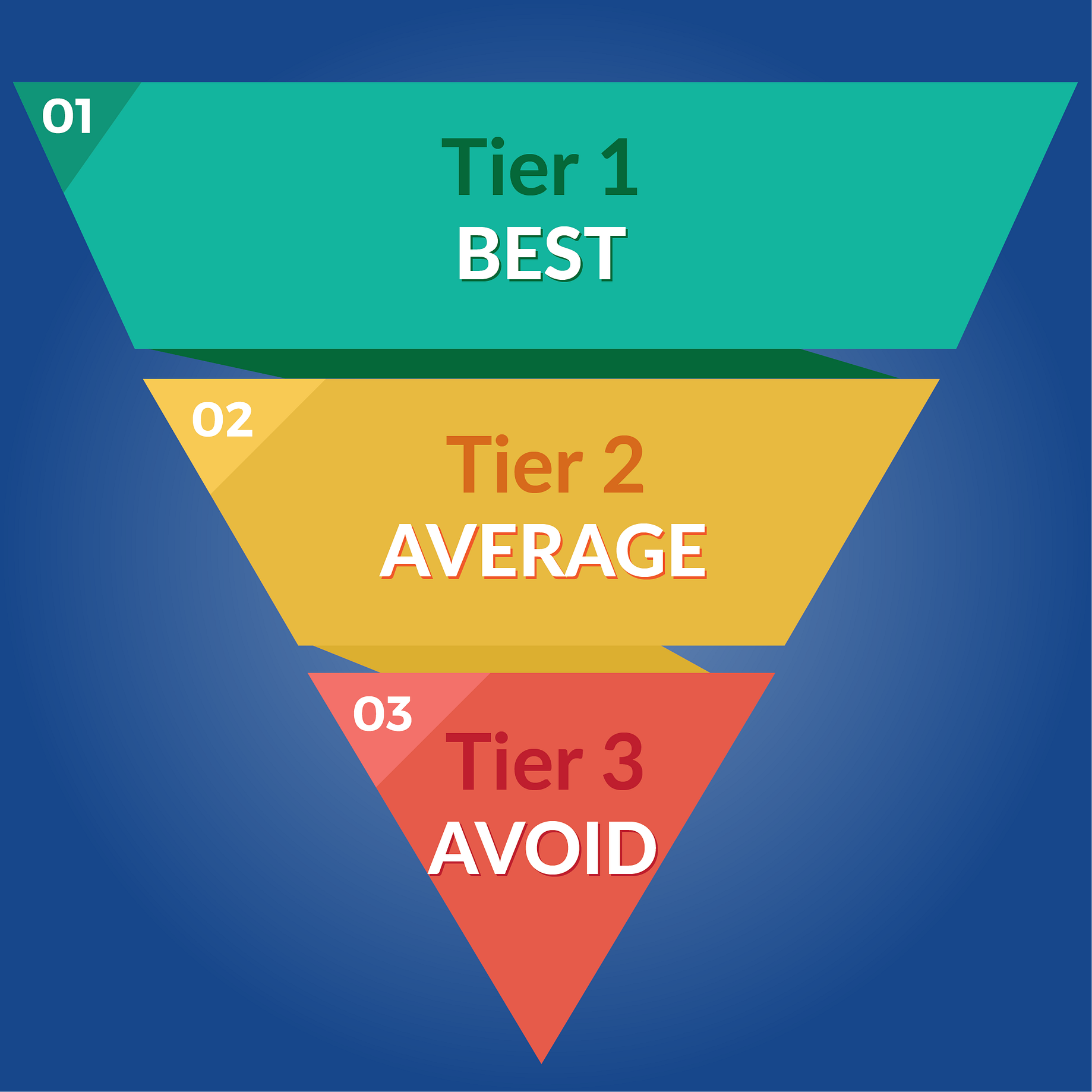For this factor, options are often thought about less risky than stocks (if used correctly). However why would an investor usage options? Well, buying options is essentially wagering on stocks to go up, down or to hedge a trading position in the market - how to delete portfolio in yahoo finance. The cost at which you accept purchase the underlying security through the alternative is called the "strike cost," and the charge you pay for purchasing that alternative contract is called the "premium." When identifying the strike cost, you are wagering that the possession (normally a stock) will go up or down in rate.
There are two various type of options - call and put alternatives - which give the financier the right (however not obligation) to offer or buy securities. A call alternative is an agreement that provides the financier the right to buy a certain amount of shares (normally 100 per agreement) of a particular security or product at a defined price over a certain amount of time. However, the broad lays out are comparable. Financial choices are utilized either to hedge versus dangers by buying agreements that will pay if something with negative monetary effects takes place, or due to the fact that it permits traders to magnify gains while restricting downside threats. Financial options include the danger of losing some or all of the contract cost, if the market moves against the pattern expected, and counterparty threats, such as broker insolvency or contractors who do not fulfil their legal responsibilities.
Alternatives trading can be intricate even more so than stock trading. When you purchase a stock, you simply choose how many shares you desire, and your broker fills the order at the prevailing market value or a limit price you set. Trading alternatives needs an understanding of advanced methods, and the procedure for opening a choices trading account includes a couple of more steps than opening a common financial investment account.
( Required to review puts, calls, strike rates and other options trading terminology? See our post on alternatives trading 101). Compared to opening a brokerage represent stock trading, opening a choices trading account requires bigger quantities of capital. And, offered the complexity of anticipating several moving parts, brokers require to understand a bit more about a prospective investor before granting them an approval slip to start trading options.
You'll require to offer a prospective broker: Financial investment objectives. This might include earnings, development, capital conservation or speculation. Trading experience. The broker will need to know your understanding of investing, for how long you've been trading stocks or alternatives, the number of trades you make each year and the size of your trades.
Have on hand your liquid net worth (or investments easily sold for money), annual income, total net worth and employment details. The types of choices you wish to trade. Based on your answers, the broker generally assigns you an initial trading level (typically 1 to 4, though a 5th level is becoming more typical) that is your key to putting particular kinds of alternatives trades.
Little Known Questions About What Does Ltm Mean In Finance.
The broker you choose to trade choices with is your crucial investing partner. Discovering the broker that provides the tools, research, guidance and assistance you require is especially crucial for investors who are new to choices trading. This determines what kind of options contract you take on. If you think the cost of a stock will increase, you'll buy a call alternative (what is the penalty for violating campaign finance laws).
As a refresher, a call option is a contract that provides you the right, however not the commitment, to buy a stock at a predetermined cost (called the strike cost) within a certain time period. A put option provides you the right, however not the commitment, to offer shares at a specified price before the agreement ends.
( For call options, it's above the strike; for put options, it's listed below the strike.) You'll want to purchase a choice with a strike rate that shows where you anticipate the stock will be during the choice's lifetime. For instance, if you think the share rate of a business currently trading for $100 is going to increase to $120 by some future date, you 'd purchase a call alternative with a strike cost less than $120 (ideally a strike rate no higher than $120 minus the expense of the option, so that the choice stays rewarding at $120).
Similarly, if you believe the business's share cost is going to dip to $80, you 'd buy a put choice (offering you the Look at this website right to offer shares) with a strike rate above $80 (ideally a strike rate no lower than $80 plus the expense of the choice, so that the alternative stays lucrative at $80).
You can't choose simply any strike rate. Alternative quotes, technically called choice chains, consist of a series of available strike rates. The increments between strike rates are standardized across the industry for instance, $1, $2. 50, $5, $10 and are based on the stock rate. The price you pay for an alternative, called the premium, has 2 parts: intrinsic worth and time worth.
Time worth is whatever is left, and factors in how volatile the stock is, the time to expiration and rates of interest, to name a few elements. For instance, expect you have a $100 call choice while the stock costs $110. Let's assume the choice's premium is $15. The intrinsic value is $10 ($ 110 minus $100), while time value is $5.
9 Easy Facts About What Is The Meaning Of Finance Described
Every choices agreement has an expiration date that suggests the last day you can different timeshares exercise the option. Here, too, you can't simply pull a date out of thin air. Your options are restricted to the ones offered when you contact an alternative chain. Expiration dates can vary from days to months to years.
For long-lasting investors, month-to-month and yearly expiration dates are more suitable. Longer expirations provide the stock more time to move and time for your investment thesis to play out. A longer expiration is likewise beneficial because the choice can keep time worth, even if the stock trades listed below the strike cost.
If a trade has actually gone against them, they can typically still offer any time worth staying on the option and this is most likely if the alternative contract is longer. View Morningstar's top stock choices With a 14-day totally free trial * of Morningstar Premium, you'll get current professional stock research study to help drive your investment decisions. * Paid membership afterwards, see Morningstar.

Call and put alternatives are acquired investments, meaning their cost motions are based on the cost movements of another monetary Click here for info product. what is the difference between finance and accounting. The monetary item a derivative is based upon is often called the "underlying." Here we'll cover what these options mean and how traders and purchasers use the terms. Choices can be specified as agreements that provide a buyer the right to purchase or offer the underlying asset, or the security on which a derivative contract is based, by a set expiration date at a particular cost.
